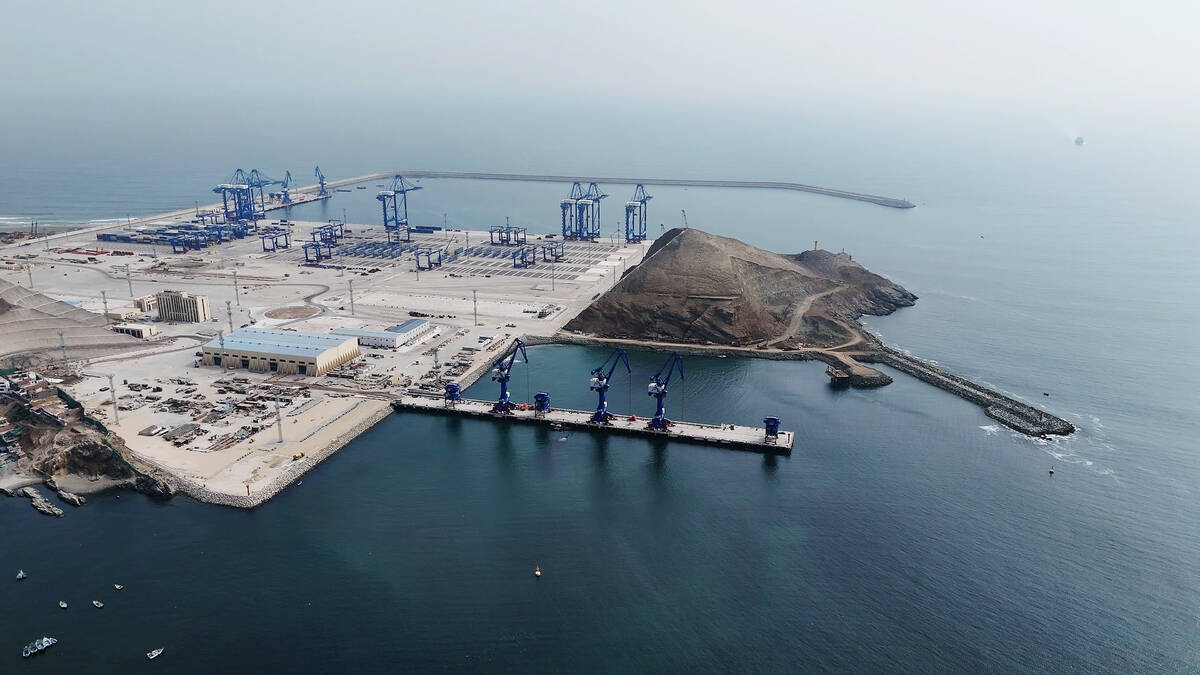WHISTLER, B.C. — Today’s geopolitical tensions could have dire long-term consequences, says the director of international policy at the University of Calgary.
History has shown that these kinds of tensions lead to massive infrastructure projects around the world that can shift global trade patterns.
China’s Belt and Road Initiative (BRI) was a response to similar tensions about a decade ago, and it is starting to have a profound impact on trade, Carlo Dade told delegates attending the 2025 Pulse and Special Crops Convention.
Read Also

Gene editing digs deeper space in Canadian plant breeding
More Canadian research into crop variety development is incorporating gene editing, and one researcher notes that Canada’s regulatory approach to gene editing will help drive innovation
Other coverage from the 2025 Pulse and Special Crops Convention:
- VIDEO: 2025 pulse and special crops convention kicks off in Whistler
- Traders forecast record lentil yields for Canada
- High pea yields shock farmers
- Working groups established to address challenges in the containerized and bulk movement of commodities
- Chickpea harvest forecasts see big disparity
- U.S. market can’t easily be replaced
One project of that massive initiative is the Port of Chancay, which opened for business in 2024.
The Peruvian port is 60 per cent owned by COSCO Shipping Ports, a Chinese state-owned shipping and logistics company.
The port will slash the shipping time from Latin America to China by 10 days.
“It has taken what would have been roughly a two-week advantage for Canada and is knocking it down,” said Dade.
He noted that the port was built in 15 years.
“In that period of time, we still haven’t got Roberts Bank (Terminal) 2 started,” he said about a proposed container terminal to be built at the Port of Vancouver.
It has taken a decade just to get regulatory approval for the project from the provincial and federal governments.
“The Chinese have effectively leapfrogged us with Chancay,” said Dade.
He noted that the Chancay is bigger than the Port of Prince Rupert, and by the time it is fully built, it will be the size of the Port of Vancouver.
“We’re stuck fighting to build yesterday’s infrastructure in Canada,” he said.
Another example of geopolitical strife leading to a trade-altering response was former U.S. President Richard Nixon’s 1973 export embargo on U.S. soybeans.
The embargo only lasted about four months, but it set off panic in Japan, which was completely reliant on U.S. soybeans at that time.
The embargo resulted in the formation of the Japan International Cooperation Agency, which invested heavily in Brazilian soybean production.
That investment helped Brazil to eventually overtake the United States as the world’s largest exporter of the commodity.
“This was Japan, not China,” said Dade.
He believes Canada needs a new agricultural trade policy so it can better respond to the trade-altering infrastructure investments that are happening elsewhere around the world.
“We are one of the only major exporting countries that does not have a comprehensive understanding of integrated supply, logistics and shipping systems,” said Dade.
“We run around claiming big projects will improve the system, yet we don’t even know the aspects of the system we’re trying to improve.”
John Gruetzner with Grow IndoPacific had a different suggestion for how Canada should be responding to the global tariff war that has erupted.
“The world has to go back to the principals of a WTO (World Trade Organization) 2.0 if we’re going to survive,” he said.
“And Canada is in a position to lead that discussion.”
Jeff Mahon, director of geopolitics and international business advisory practice with StrategyCorp, doesn’t think China will embrace that idea.
He believes Canada needs to recognize that China has a very different economy than Canada’s and it is growing and gaining power.
“Canada’s old way of doing things — calling out China and copying U.S. talking points on the issue — is going to have to change,” he said.
“We’re going to have to quit calling out the unfair trade aspect.”
Despite its modern cities, China is still a developing country with a per capita gross domestic product that is a fraction of Canada’s. China is not going to follow trade rules that are imposed on it by the international community.
“We need to recognize China’s right and the legitimacy of its economic model to pursue its own development needs,” he said.
Mahon thinks Canada needs to stop being an adversary and start being a friend to China, by shifting the focus toward common economic development objectives as a means to resolve the trade war and improve relations.
















